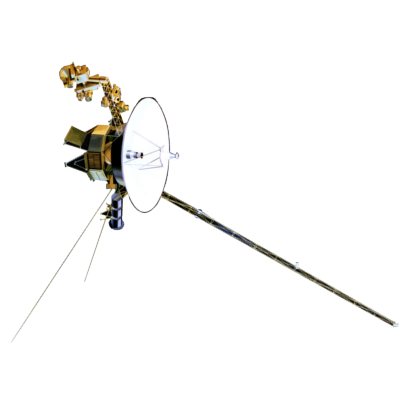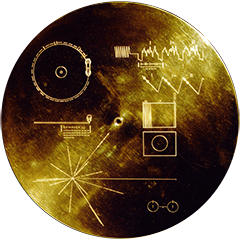Voyager LECP Data Analysis Handbook
Instrument Modeling Reports
by Sheela Shodhan
Dedication
To My Parents
Acknowledgments
I thank Dr. Thomas Armstrong for giving me the opportunity to work on this project, for his support, encouragement and guidance throughout my academic career here, at The University of Kansas.
I thank Dr. Thomas Cravens for serving on my committee. I also thank Dr. Barbara Anthony-Twarog, for serving on my committee, for her support and encouragement throughout my academic career here.
I am indebted to Dr. Yue Wu for his assistance in this project.
I gratefully acknowledge the time that Dr. Ralph Byers, Dr. Bruce Twarog and Mr. Bernard Yu gave for many helpful discussions and Ms. Tizby Hunt Ward for editing my thesis.
I appreciate Dr. Mike Holmes, the system manager's efforts to see that the VAX system was always running and Mr. Ed Bell's for the development of the TeX macro package with which this thesis is written.
I am grateful to my parents, my sister, all my family members and friends for their constant encouragement, support and inspiration.
This project was supported in part by NASA through the VOYAGER project under grant 601621. The LECP experiment was designed and constructed at the Johns Hopkins University Applied Physics Laboratory under the direction of S. M. Krimigis.
Return to thesis table of contents.
Return to Voyager
LECP Data Analysis Handbook Table of Contents.
Return to Fundamental
Technologies Home Page.
Updated 8/9/19, Cameron Crane
VOYAGER 1 ELAPSED TIME
*Since official launch
September 5, 1977, 12:56:00:00 UTC
VOYAGER 2 ELAPSED TIME
*Since official launch
August 20, 1977, 14:29:00:00 UTC
QUICK FACTS
Mission Duration: 40+ years have elapsed for both Voyager 1 and Voyager 2 (both are ongoing).
Destination: Their original destinations were Saturn and Jupiter. Their current destination is interstellar space.



